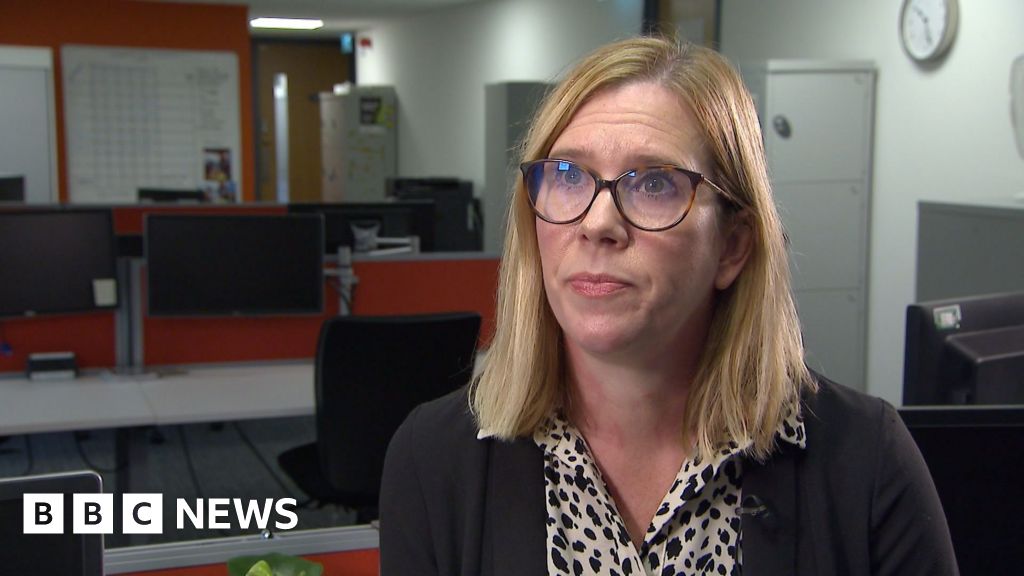Schools in England are spending tens of thousands of pounds more each year to meet the rising costs of contracts with private firms, according to a BBC report. These Private Finance Initiative (PFI) schools are locked into 25- to 30-year contracts which increase charges by the highest measure of inflation. More than 900 schools in the country were built through PFI contracts, with the initiative being scrapped in 2018. The PFI companies report that the contracts offer long-term value for taxpayers, but headteachers say the contracts are so rigid that almost 20% of a school’s budget is now spent on meeting frustrating terms, leaving less money for staff and resources.
The Middlefield Primary in Speke, Liverpool, opened after the local authority agreed to enter a PFI agreement for new school buildings. Headteacher David Potter says that the PFI contract is costing nearly 20% of the school’s entire budget, with the contract setting out similar bizarrely specific demands, including stipulating that the playing field grass must not grow more than 2.5 cm high. It is costing the school around £30,000 per year to maintain the field. The contract also does not allow the headteacher to shop around for better prices from other suppliers. These costs have forced him to make cuts elsewhere, such as to classroom staff.
The PFI companies say that these contracts offer taxpayers value for money, but it’s at the expense of schools. Stoke’s PFI contract for its schools, which includes the largest number of schools, will be one of the first to end in October 2025. Last week, Stoke City Council held a meeting in private with the 88 PFI schools in the city, warning them that they faced “double digit” percentage increases in their PFI costs within weeks. Despite assurances from PFI investors, the secrecy surrounding these contracts was criticised as “unacceptable” by Meg Hillier, chair of the Public Accounts Committee of MPs. The Department for Education said it was increasing support for schools in PFI contracts by 10.4% in the coming financial year.
These increases come at a time when UK schools are already facing increasing financial pressures, including funding cuts and higher pension costs. In addition, the cost of basic supplies such as textbooks and stationery has also increased due to Brexit disruption, with extended shipping times and rising prices for imports
Read the full article from The BBC here: Read More











